Redemption or curse? Reality or holistic present?
The Obuda University's Kandó Kálmán Faculty of Electrical Engineering, in collaboration with the Hungarian Academy of Sciences (MTA), held a bilingual, mixed-language conference on November 17. The topic was the presentation and examination of possibilities for modern solutions based on artificial intelligence.
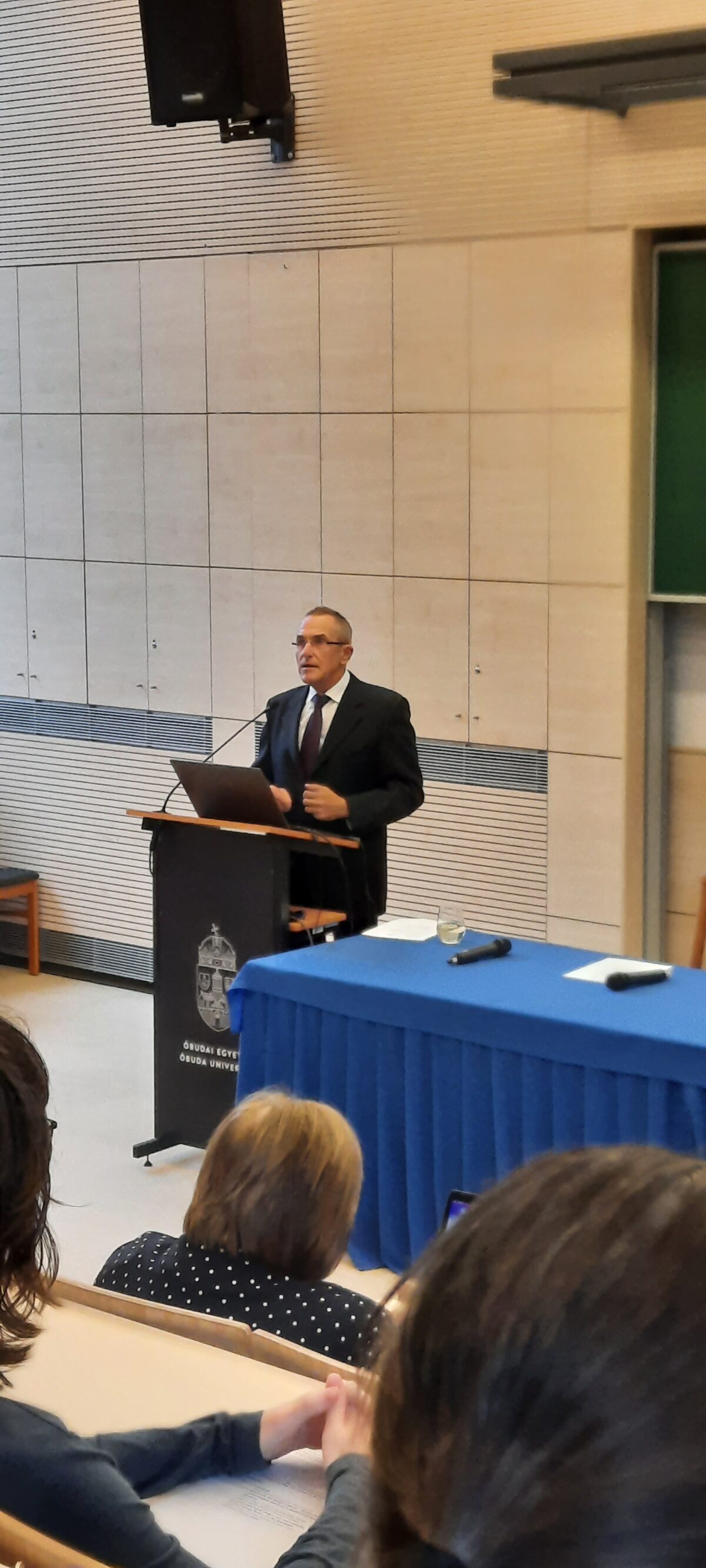
The event was opened by Prof. Dr. László Gulácsi, Scientific Vice-Rector of Obuda University, followed by Prof. Dr. György Molnár, who initiated the conference series with his presentation titled 'Evolution of Human-Machine Interactions – AI-Based Innovative Learning Support Systems and Learning Environments in Education.
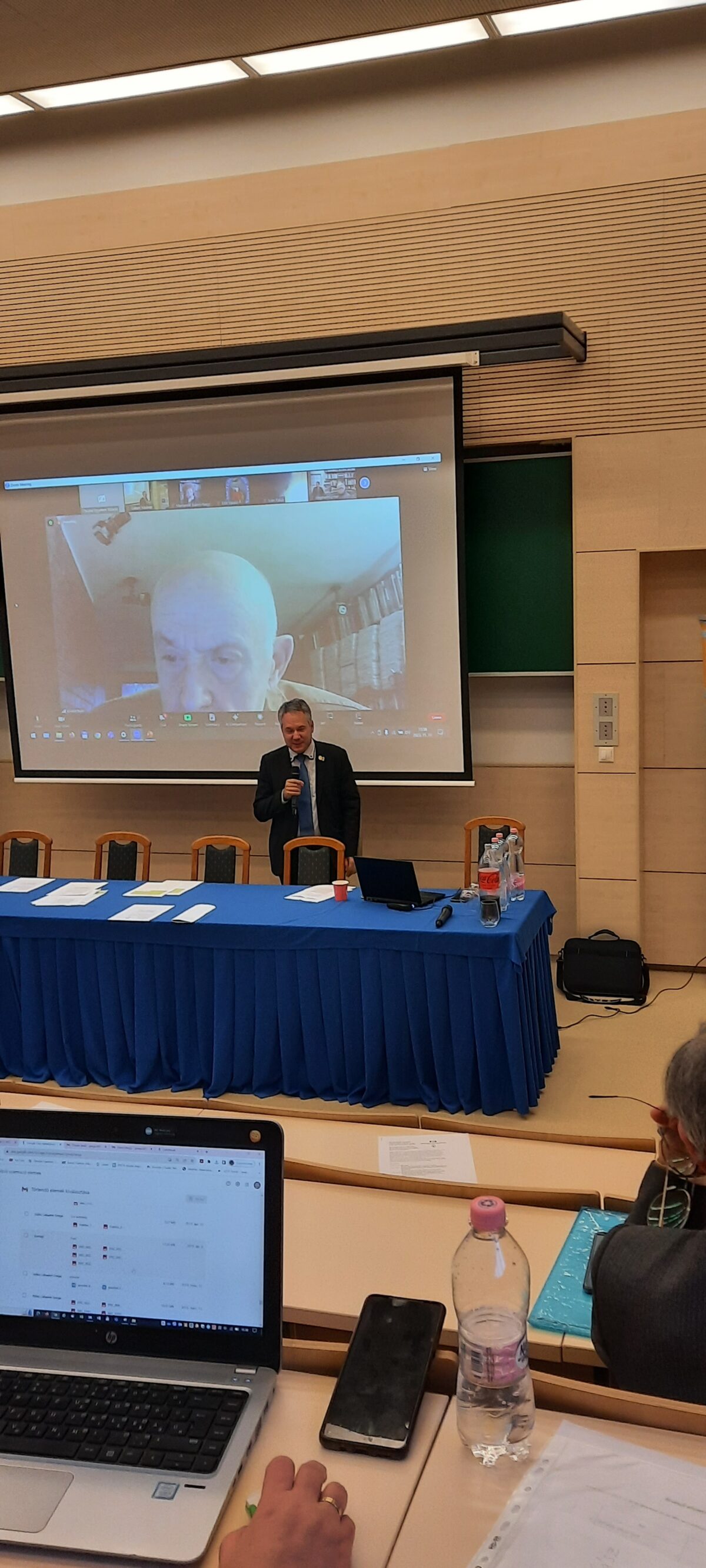
In his presentation, he outlined numerous digitization processes and sustainability and digitization trends, highlighting the importance of innovation and AI-based methodological and technological solutions.
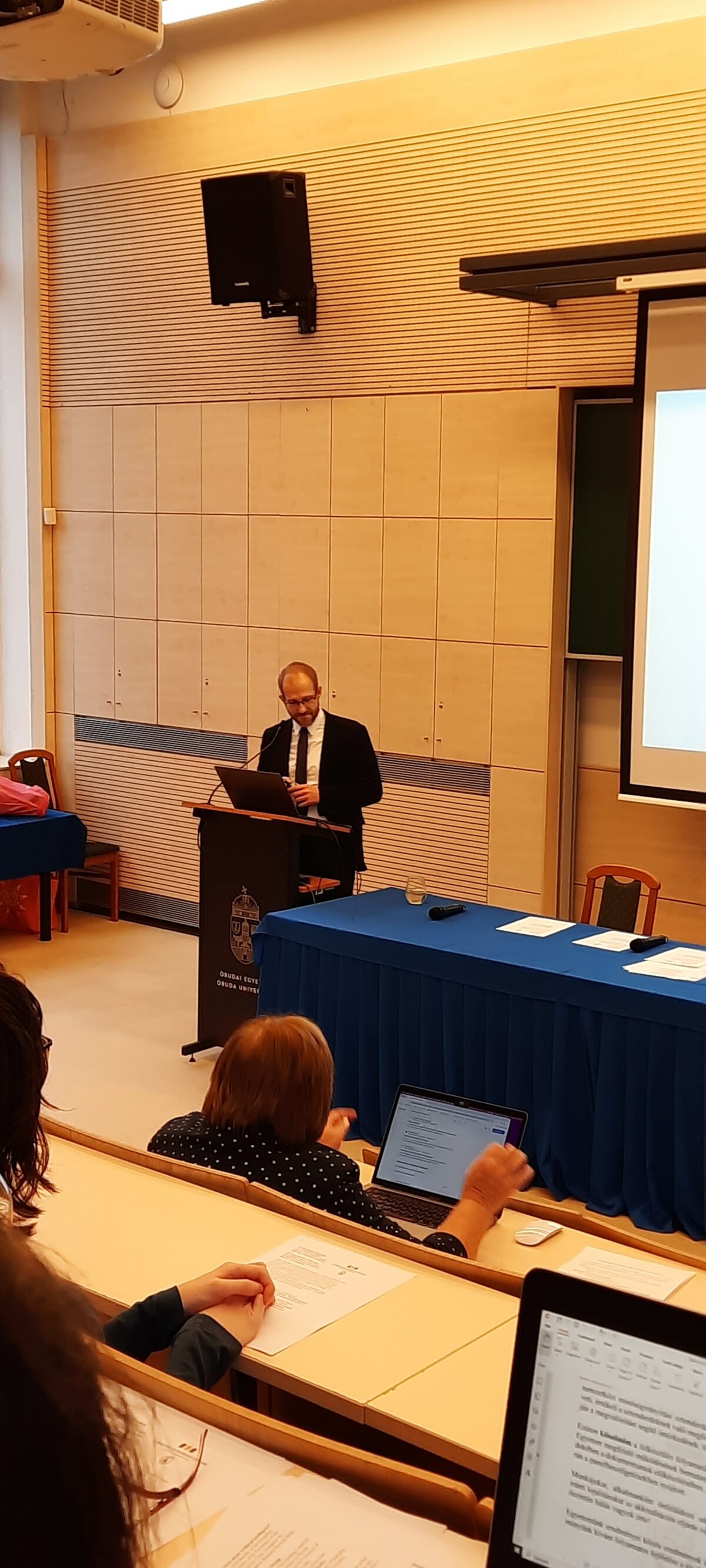
Among the participants of the event, Dr. György Eigner, the Dean of the John von Neumann Faculty of Informatics at Obuda University, also gave a presentation. His topic was 'The Future of IT Education in the Shadow of Large Language Models.
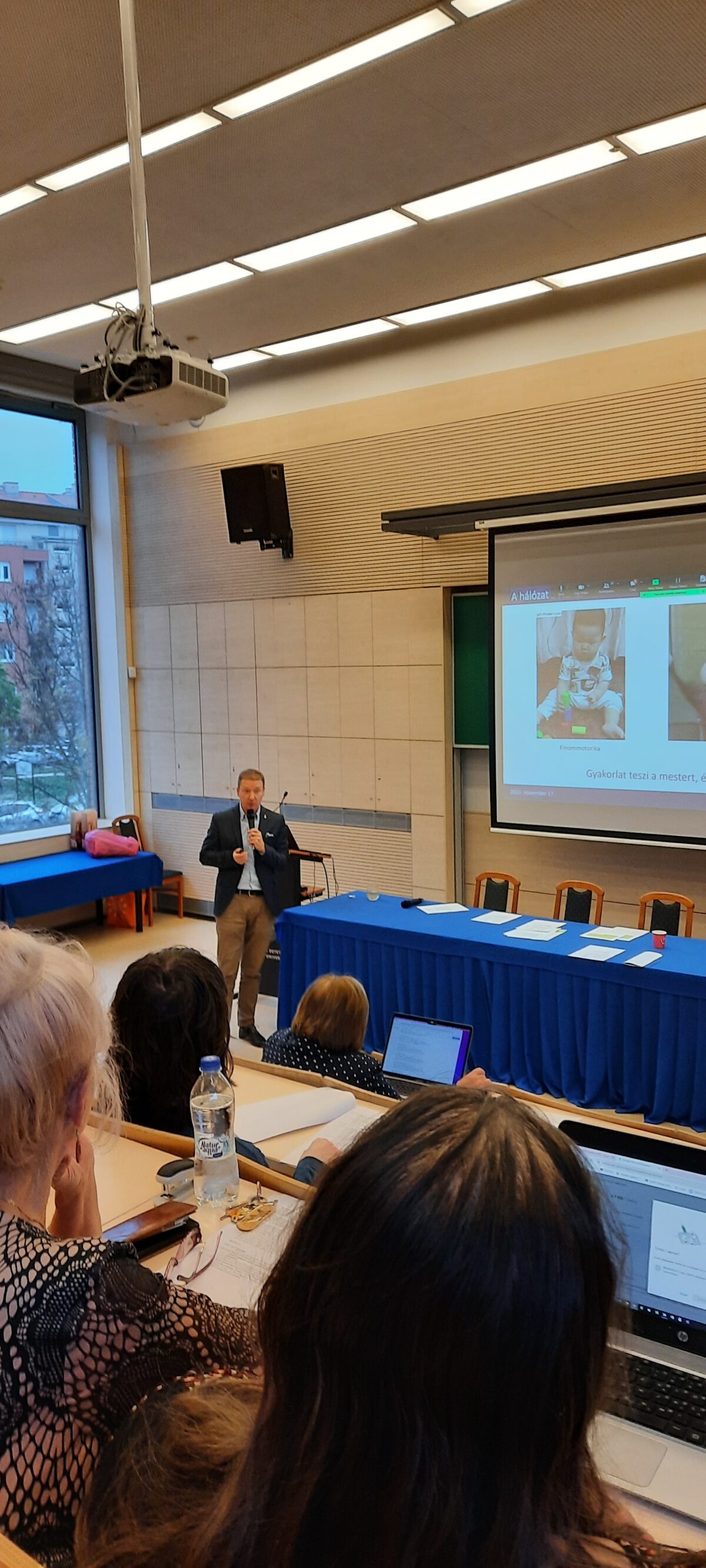
Prof. Dr. Péter Galambos, Deputy Director-General of the Research and Innovation Center at Obuda University, presented on the 'Revolution of Embodied AI' to the audience. The series of Hungarian-language presentations concluded with an lecture by Kristóf Nyíri, MTA regular member, titled 'Artificial Intelligence, or the Decline of the Intellectual Elite.' Following this, seven different English-language presentations were introduced by renowned academic professionals such as Prof. Dr. Valéria Csépe and Prof. Dr. Eörs Szathmáry. The final presentations were delivered by distinguished foreign professors, including James E. KATZ and Barry SMITH. The workshop concluded with a summarizing discussion, where participants evaluated each other's research and shared their thoughts
